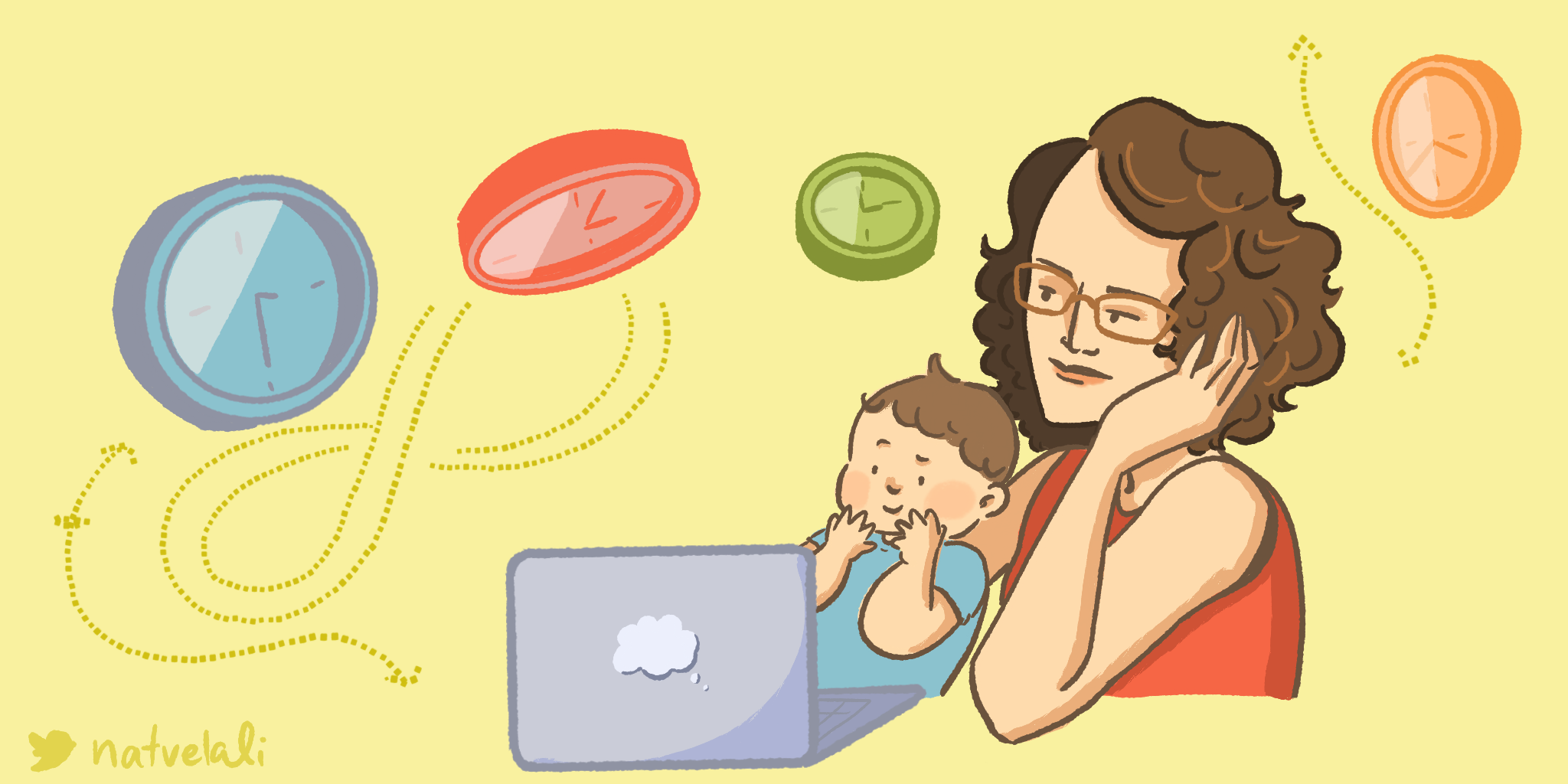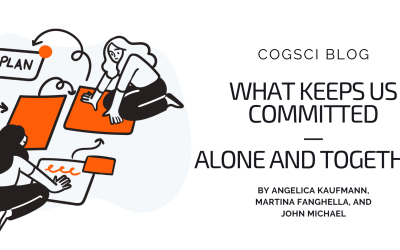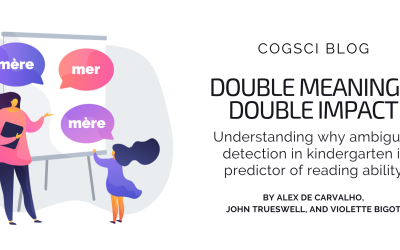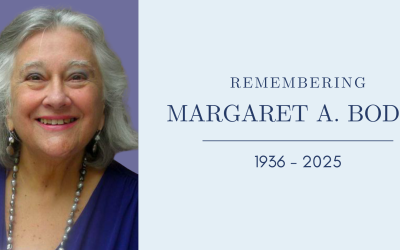Post by Katharine Tillman
I got a tenure-track job two years ago, right out of grad school.
If you just checked my CV and you’re annoyed that I’m not a superstar, I don’t blame you. I worked hard, but I was lucky. Many stars needed to align in my favor. Here are some of the reasons I wound up on the tenure track, followed by what happened the first year after I got here.
As an undergraduate, I worked as a lab coordinator, which enabled me to take classes for free using tuition remission benefits. Because I also worked in a visual perception lab full-time, I co-authored conference presentations and papers. My undergraduate advisor, Denis Pelli at NYU, introduced me to senior researchers at conferences. He included me in gatherings with faculty, postdocs, and graduate students. He acknowledged my role in our work. These things all helped me get into grad school, even though I changed subfields, from perception to cognitive development.
Perhaps in part because I had an unusual amount of training, my PhD advisor, David Barner at UC San Diego, encouraged me to pursue my own projects and interests from day one, even if they weren’t the specific studies being funded by his grants. Though I didn’t realize it at the time, this would help me articulate my research program on the job market 6 years later.
I had both uncommonly good undergraduate training and an uncommonly good PhD advisor, but grad school still wasn’t easy. Like most students, I didn’t always think I could do it. I had my first child in my second year, and no paid parental leave. Life-threatening health crises occurred in my family. I struggled with depression and anxiety. But, critically, every time “life happened,” my advisor told me that my academic work could wait, and it did.
During our meetings, in addition to talking about research, Dave and I talked about time management and mental health. No one ever told me I should be working more than 40 hours a week, or that I should be in the lab on evenings or weekends. Instead, I was told that if I did need to do those things to make adequate progress, my habits needed to change. As I’d write in the acknowledgements of my dissertation, the most important thing I learned as a grad student is that it’s not how much you work, but how you work that matters. From Dave, I learned to schedule my writing hours, to put them in my calendar, and to reserve the times of day I work best for this purpose. I learned not to schedule other meetings during these times. I learned to manage my email inbox, quit Facebook, and delete the time-sucking apps from my smartphone — including social media, email, and web browsers. I didn’t believe I could do any of this, but Dave had done it all himself. So, when I became convinced something “drastic” might be necessary, I tried it. It’s now been over a year since I “lobotomized” my iPhone, and it is possible! Amazingly, after about a month, it isn’t even all that hard.
All of these topics, which were only loosely related to my research on children’s acquisition of time-related language and concepts, were nevertheless critical to my ability to get things done and finish my PhD. They are still critical now. Unfortunately, these skills are often undervalued and overlooked, to the point that they go completely unaddressed by many graduate programs and advisors.
Ironically, one of the best time-management tools I acquired in graduate school was my daughter. Becoming a parent reduced my available work time so much that I was forced to make it count (as much as I could, given the extreme sleep deprivation in the first year!) But I lucked out as a student parent too! Another grad student in my lab also had a baby, and our kids were always welcome, no questions asked. Dave made sure we got an office large enough to hold a Pack-n-Play. Because of this, my lab-mate (Jess Sullivan, now a recently-tenured faculty member at Skidmore College) and I could both breastfeed for over a year, as recommended by the WHO. We didn’t have to hire full-time infant care, which would’ve been difficult, if not impossible, on a grad student stipend. If every mother in a PhD program had a supportive environment like this, we’d have a lot more women in faculty positions today.
I also received the message that an academic career was achievable. Discussing options outside of academia with graduate students, and supporting them in their career decisions, is incredibly important in today’s difficult market. However, for students who want to go into academia, affirming messages from mentors help when things get hard, as they inevitably will. You can’t get a job you don’t apply for. I also believed applying for TT jobs wasn’t a waste of time because I saw friends get them. In fact, most of the grad students and postdocs I was closest to are now faculty. My domestic partner is a professor, though in a different field, and his support of my career helped in innumerable ways. In this social environment, academia became a place where I felt comfortable. Incredibly, this happened even though I was the first PhD in my family, and I grew up in a small town in the rural South. By the time I was on the market, I knew what to expect.
If you’re struggling, and it sounds like I inhabited a different universe from yours, I probably did. I didn’t get my job simply because of what I accomplished in grad school. I got it thanks to the many people who helped me. If you’re a faculty member, and you doubt your capacity to change the life of a promising student from a low-SES background, stop.
Nevertheless, despite all the privilege that went into getting a job in the first place (not to mention my being white and cisgender), my first semester as an assistant professor was very challenging. I had hit the jackpot: a great job, a great department, a great university! I was exhausted, distracted by continued family health crises, depressed, and convinced I couldn’t hack it. Nothing seemed to be working well in those first months: not the class I was teaching, not getting my lab set up, and certainly not making progress on my research and writing. Everything from writing R code for analyses to choosing paint colors for the lab walls was a source of anxiety, and I felt like I was failing my first students and my first employee.
If your first semester on the tenure track is anything like mine was, you’re not alone. Here are a few things that helped me during my first year:
When my former PhD advisor asked how things were going in my job, I told the truth. Often, when academics struggle, academic friends like to argue with us: “It’s imposter syndrome! Everyone feels that way, but look at your CV, this award, those papers!” I’ve said this many times to my own peers. But as a new assistant professor, it wasn’t helpful. Reviewing the list of things I managed to do before I started my job reinforced the idea that now I was failing and falling behind. What did help was to have someone I trusted listen and believe me when I said I couldn’t do it, at least not then. Counterintuitively, Dave advised me to stop trying to write, and accept the fact that those papers weren’t going to get finished any time soon. He didn’t say to take a break for a few days. He said to take a break for a month, maybe two months, maybe the rest of the semester, and to concentrate on teaching and setting up the lab. By telling me to stop trying to “publish or perish,” he gave me permission to relax a little, which ultimately helped me get back to work.
One lesson here is that good mentorship doesn’t stop being important when someone earns a PhD. In many ways, it becomes more important, as early career faculty learn to become mentors themselves.
In addition to getting advice from a senior mentor of my own, another thing that helped was simply having lunch with another assistant professor, who had been hired by my department the year before. I enjoyed her company, and I realized she was still confused and worried about some of the same things I was. This helped me feel less alone, and also less incompetent.
Ultimately, during my first year Austin Thought transformed from an idea in my head to a real-life cognitive development research lab. The lab space renovation produced a bright, playful environment, both for the child research participants and for the researchers, and the angst that went into those endless decisions about the paint and floors and windows felt worth it. Thanks to my first lab coordinator, we got IRB approval, hired undergraduate research assistants, forged community partnerships with preschools and elementary schools, and started collecting data. By the end of the summer, I wrote and submitted my first big grant proposal. Meanwhile, I survived my first year, and started my second.
Arguably, the best thing that’s happened to me as a new assistant professor isn’t any of the stuff above. It’s that I’ve started sharing the strategies my PhD advisor taught me with others. I now teach writing skills, time-management, and wellness strategies to graduate students, in the context of a writing workshop designed by Barbara Sarnecka at UC Irvine. I find this both fun and gratifying, in ways that publishing academic papers is not.
As my old friend Esme Weijun Wang, a phenomenal writer and mental health advocate for ambitious people, says: Keep going — you’re doing great.



